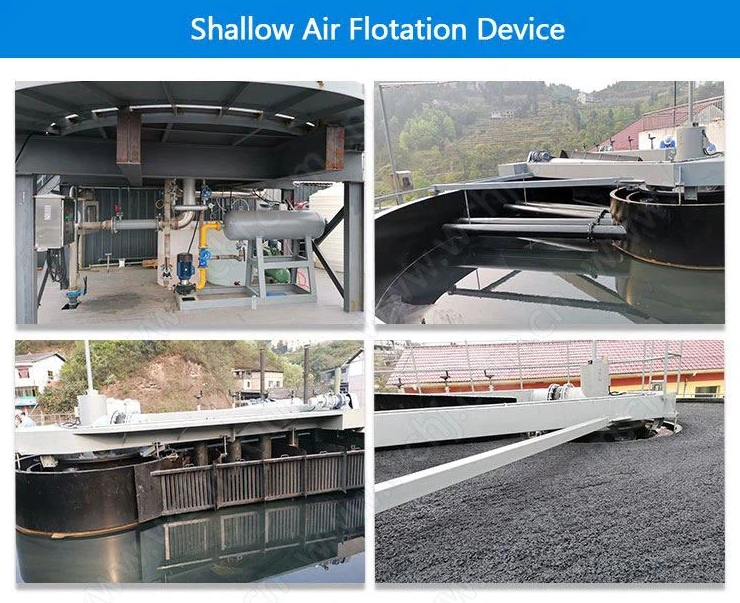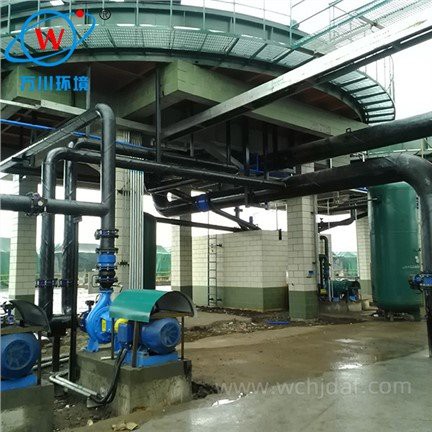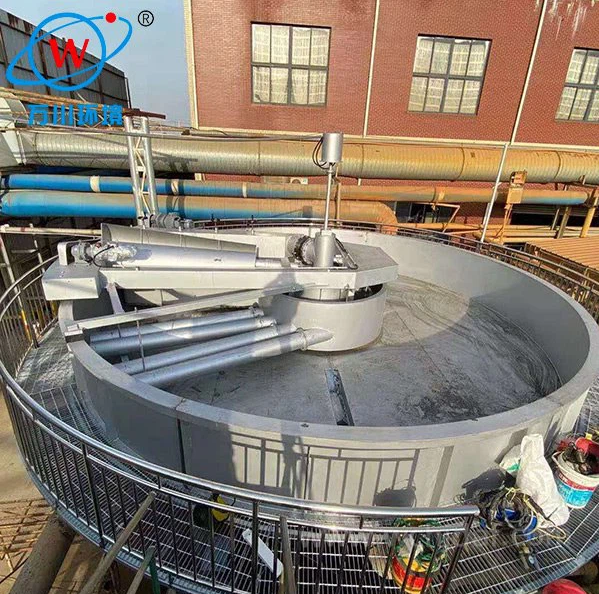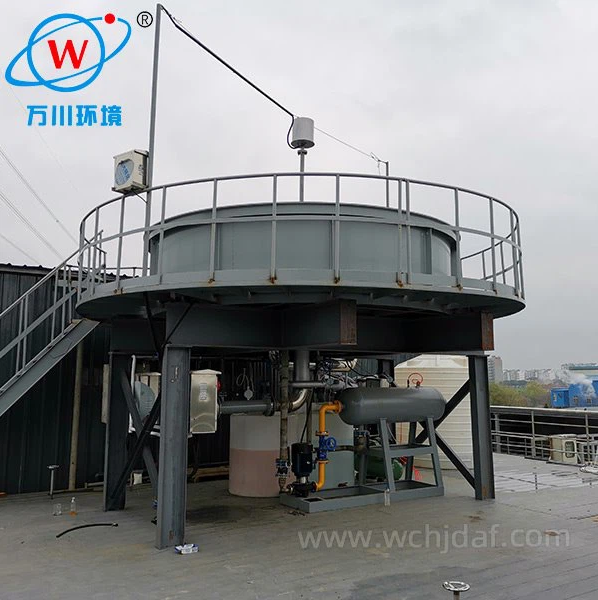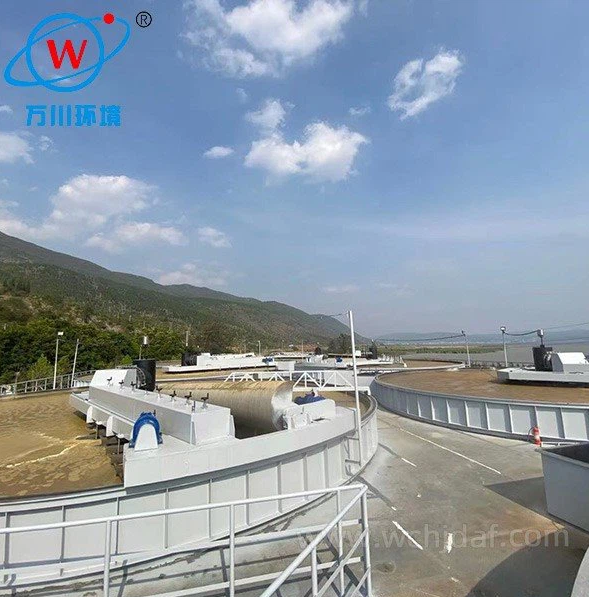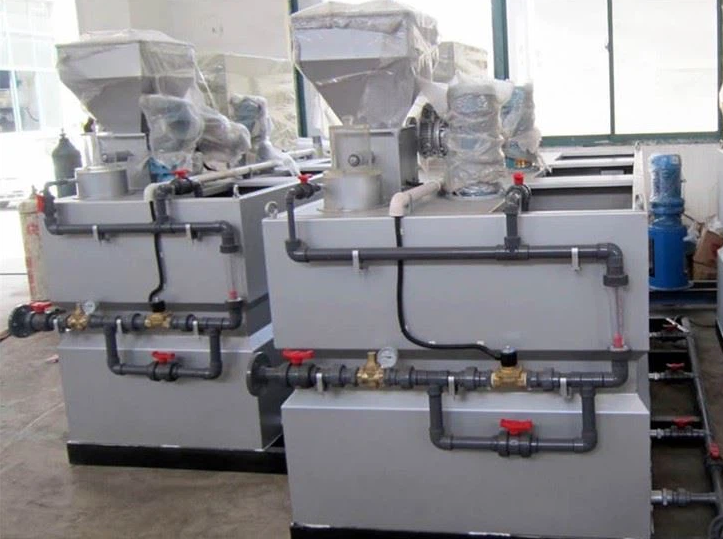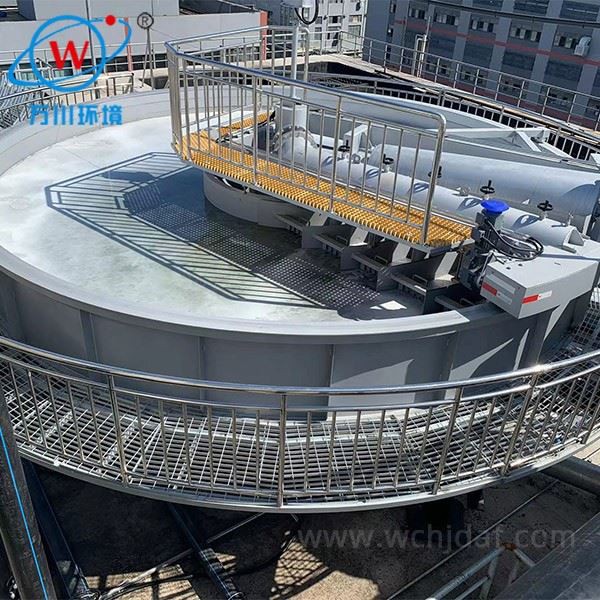1. Suspended matter concentration
Generally speaking, the influent suspended matter concentration should not be too high. It is usually hoped to be controlled within a certain range, such as about 100-500mg/L. If the suspended matter concentration is too high, the collision probability between bubbles and suspended particles will be reduced, affecting the flotation effect. It may also overload the equipment and shorten the cleaning cycle and service life of the equipment. However, the suspended matter concentration cannot be too low, otherwise there will be a lack of sufficient particles and bubbles to combine during the flotation process, which will cause a waste of resources.
2. pH value
The pH value of wastewater has an important influence on the effect of induced air flotation. Different pollutants have different surface charge properties and chemical stability under different pH conditions. Generally, the suitable pH value range for induced air flotation is between 6 and 9. Within this range, it is conducive to the adsorption and attachment between bubbles and pollutants, promoting flotation separation. If the pH value is too high or too low, pollutants may dissolve or precipitate, affecting the flotation effect.
3. Soluble substances
The content of soluble salts and other substances in the influent water cannot be too high. If the salt concentration is too high, it will change the surface tension of the water and the properties of the solution, affect the formation and stability of bubbles, and thus reduce the flotation efficiency. In addition, some soluble substances may react chemically with bubbles or pollutants, interfering with the flotation process. For example, excessive calcium and magnesium ions may react with certain flotation agents and reduce the effect of flotation agents.
4. Temperature
The water temperature also has a certain effect on induced air flotation. Generally, the appropriate water temperature is between 15-35℃. If the water temperature is too low, the viscosity of the water increases, the rising speed of bubbles slows down, and the flotation efficiency is affected; if the water temperature is too high, the solubility of the gas in the water decreases, which is not conducive to the formation and stability of bubbles. At the same time, it may also accelerate the volatilization and decomposition of certain pollutants, affecting the treatment effect.
